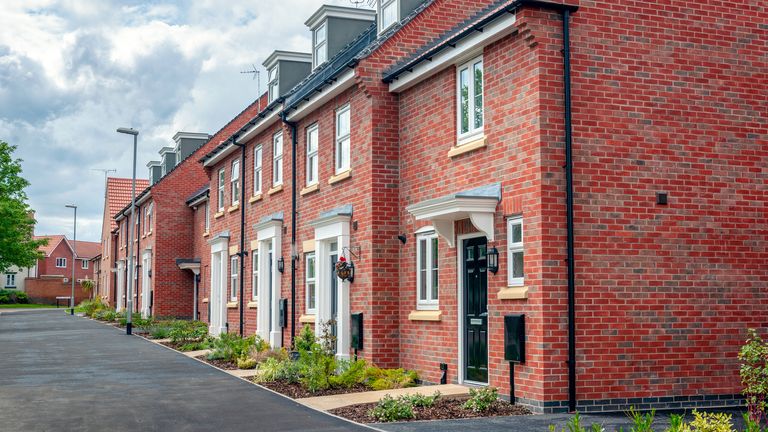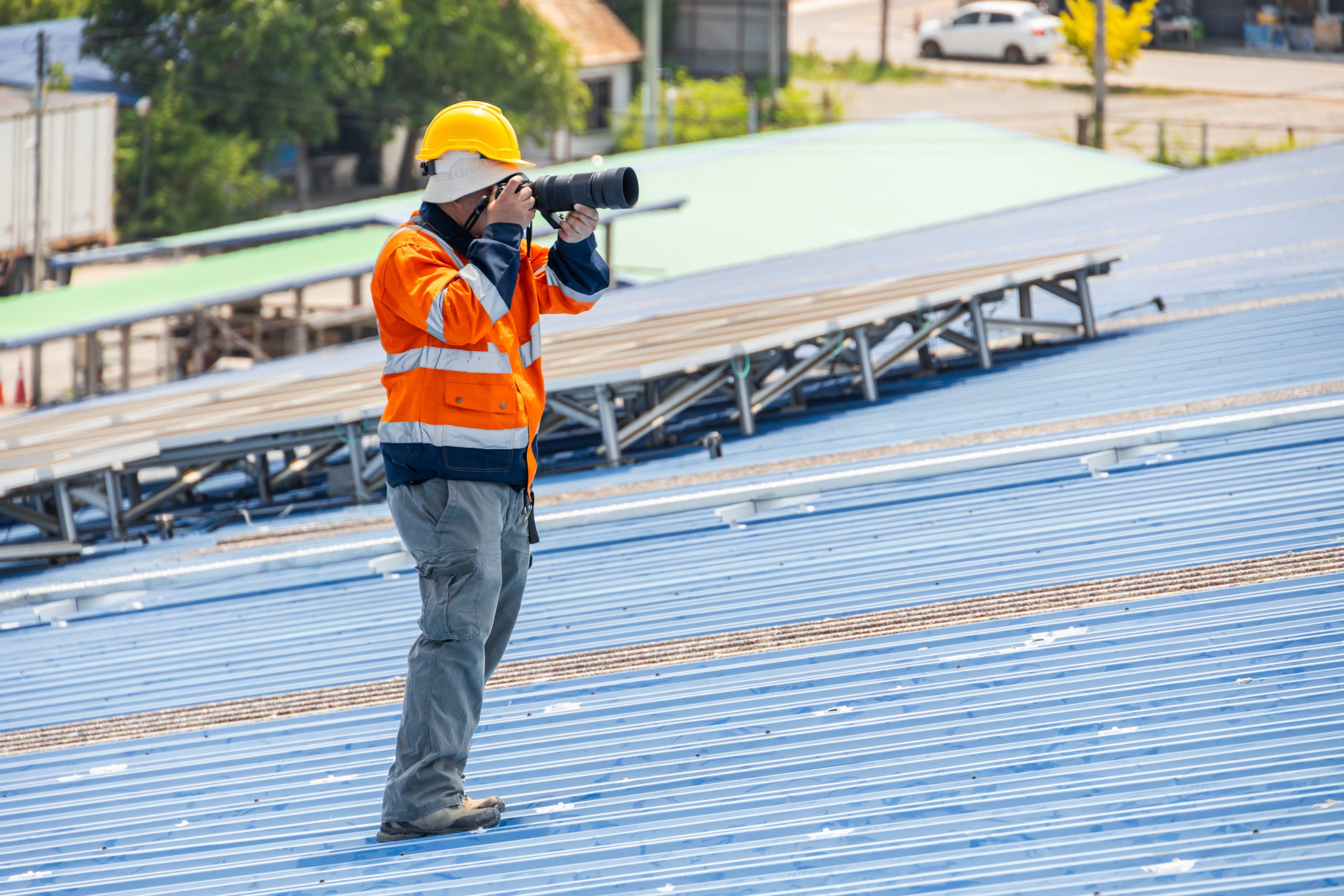Pre-purchase Building Inspections: What’s Included and Why They Matter
Introduction: Understanding Pre-purchase Building Inspections
A pre-purchase building inspection is an essential step when buying a property. This detailed check helps uncover potential problems that might not be visible at first glance, giving buyers a clear picture of what they’re investing in. Whether it’s a family home or a commercial property, this inspection can save you money, time, and stress by identifying hidden issues before it’s too late.
Buying a property is one of the biggest financial decisions you’ll ever make. Without a pre-purchase building inspection, you risk discovering problems like structural damage, faulty wiring, or plumbing issues after the sale is complete. These surprises can be costly to fix and may lower the property’s value.
In this article, we’ll explore what’s included in pre-purchase building inspections, how they help buyers, and why it’s a step you shouldn’t skip. From understanding the costs to choosing the right inspector, this guide covers everything you need to know to make a confident and informed decision about your next property purchase.
What’s Included in a Building Inspection?
A building inspection covers a wide range of checks to ensure the property is safe, structurally sound, and free of major issues. Here’s a breakdown of what’s typically included:
1. Structural Integrity:
The inspector checks the foundation, walls, roof, and other structural components to ensure they’re stable and free from major defects. They look for cracks, dampness, or signs of movement that could indicate underlying problems.
2. Electrical Systems:
Faulty wiring or outdated electrical systems can be hazardous and expensive to fix. Inspectors assess the safety of the property’s electrical setup, ensuring it meets modern standards.
3. Plumbing and Drainage:
Leaks, blocked drains, and old pipes can lead to water damage or costly repairs. The inspection includes a thorough check of the plumbing system to identify any current or potential issues.
4. Roof and Guttering:
The roof protects the entire property, so it’s a critical area of focus. Inspectors examine the roof for loose tiles, leaks, and general wear and tear. Gutters and downpipes are also checked to ensure proper water drainage.
5. Dampness and Mould:
Damp areas and mould growth are not only unsightly but can also indicate more serious issues, such as poor ventilation or structural damage. These are highlighted during the inspection.
6. External Areas and Boundaries:
The property’s exterior, including fencing, pathways, and outdoor structures, is assessed for safety and condition.
These pre-purchase building inspections don’t just highlight problems—they provide a detailed report, often with photos, to help buyers understand the property’s condition. By covering these key areas, building inspections ensure you know exactly what you’re buying, helping you avoid unexpected surprises later on.

How Building Inspections Benefit Homebuyers
For homebuyers, a building inspection is more than just a box to tick—it’s a crucial step that offers peace of mind and practical advantages. Here’s how these inspections help buyers make better decisions:
1. Uncover Hidden Issues:
Many properties have problems that aren’t obvious during a viewing. These could include structural cracks, faulty wiring, damp patches, or roof damage. A building inspection reveals these hidden issues, giving you a full understanding of the property’s condition before you commit.
2. Protect Your Investment:
Buying a property is a significant financial decision. A building inspection ensures you’re making a sound investment by identifying potential costs for repairs or maintenance. If major issues are found, you can either negotiate with the seller or reconsider your purchase.
3. Negotiate Price Reductions:
The results of a building inspection can give you leverage during negotiations. For example, if the inspector identifies issues like roof repairs or plumbing defects, you could ask the seller to lower the asking price or cover the cost of repairs.
4. Plan for Future Maintenance:
Even if the property is in relatively good condition, a building inspection provides insights into areas that might need attention in the future. This allows you to plan maintenance and budget accordingly, avoiding surprises down the line.
5. Compliance with Regulations:
Building inspections also ensure the property meets safety and legal standards. If the inspector identifies non-compliance issues, such as outdated electrical systems, you’ll know what needs to be addressed to bring the property up to code.
In summary, building inspections empower homebuyers with knowledge, helping them make informed decisions. Whether it’s uncovering hidden problems, negotiating a better deal, or planning for future upkeep, these inspections are a vital tool for protecting your investment.
The Cost of Building Inspections: What to Expect
One of the most common concerns for homebuyers is the cost of a building inspection. While it’s an added expense, it’s an investment that can save you thousands of pounds in the long run. Understanding what influences the cost helps you budget effectively and ensures you’re getting value for your money.
1. Property Size and Type:
The size and type of the property play a significant role in determining the cost. Larger homes or commercial properties take more time to inspect, leading to higher fees. Similarly, unique architectural features or older buildings may require specialised assessments, which can increase the price.
2. Level of Detail Required:
The type of inspection also impacts the cost. A basic visual inspection will cost less than a comprehensive survey that includes detailed assessments of structural integrity, electrical systems, and plumbing. Tailoring the inspection to your needs can help manage costs.
3. Location of the Property:
The location of your property may influence the cost of the inspection. Surveyors in urban areas or regions with higher demand may charge more than those in rural locations. Travel expenses may also be included if the property is in a remote area.
4. Expertise of the Inspector:
Experienced inspectors with specialised qualifications often charge higher fees. While it might be tempting to go with a cheaper option, investing in an experienced professional ensures a more thorough and accurate assessment.
5. Additional Services:
If you require add-ons such as pest inspections, asbestos checks, or thermal imaging, these will increase the overall cost. These extras can be worthwhile for older properties or those in specific climates.
Why It’s Worth It:
While building inspections come at a cost, they can save you from far greater expenses later. Identifying problems like structural damage or faulty wiring early allows you to address them before they escalate, potentially saving you thousands.
In summary, the cost of a building inspection depends on various factors, but the peace of mind and financial protection it provides make it a worthwhile investment for any homebuyer.

How to Choose the Right Inspector for Your Building Inspection
Selecting the right inspector is a critical step in ensuring your building inspection is thorough and reliable. Here are some tips to help you make the best choice:
1. Check Qualifications:
Make sure the inspector is certified and experienced in conducting building inspections. Look for accreditation from recognised organisations, as this guarantees they meet industry standards.
2. Ask for References:
A reputable inspector should have positive reviews or references from previous clients. Ask for testimonials or look for online reviews to gauge the quality of their work.
3. Review Their Services:
Different inspectors may offer varying levels of service. Ensure the one you choose provides a comprehensive inspection that covers structural integrity, plumbing, electrical systems, and other essential areas.
4. Request a Sample Report:
Ask for a sample inspection report to see the level of detail provided. A good report should be easy to understand, include photos, and provide clear recommendations for addressing any issues found.
5. Compare Costs:
While affordability is important, avoid choosing the cheapest option without considering the quality of service. Experienced inspectors may charge more, but their expertise is often worth the investment.
6. Communication Skills:
A great inspector should be approachable and willing to answer your questions. Their ability to explain findings in simple terms ensures you fully understand the property’s condition.
By considering these factors, you can confidently choose a building inspector who will provide the insights you need to make an informed property purchase.
FAQs: Your Questions About Pre-purchase Building Inspections Answered
Q: How long does a pre-purchase building inspection take?
Most inspections take 2–4 hours, depending on the size, type, and condition of the property. Larger or older properties may require more time to ensure a thorough assessment.
Q: What happens if major issues are found?
If significant problems are discovered, the inspector will include these in their detailed report. You can use this information to negotiate a lower price with the seller, request repairs, or decide to walk away from the purchase altogether.
Q: Are pre-purchase building inspections worth the cost?
Yes, they are absolutely worth it. Inspections can save you thousands of pounds by identifying hidden issues like structural damage, dampness, or electrical problems before you finalise the purchase. This allows you to make informed decisions and avoid costly surprises later.
Q: Can I attend the inspection?
Yes, many inspectors encourage buyers to be present during the inspection. This provides an opportunity to ask questions and get real-time explanations of the findings.
Q: Do inspections cover everything?
While thorough, inspections may not cover specialised areas like pest infestations or asbestos. You can request additional checks if needed.
Q: When should I schedule the inspection?
It’s best to schedule the inspection once your offer is accepted but before contracts are exchanged, ensuring there’s time to address any issues.








